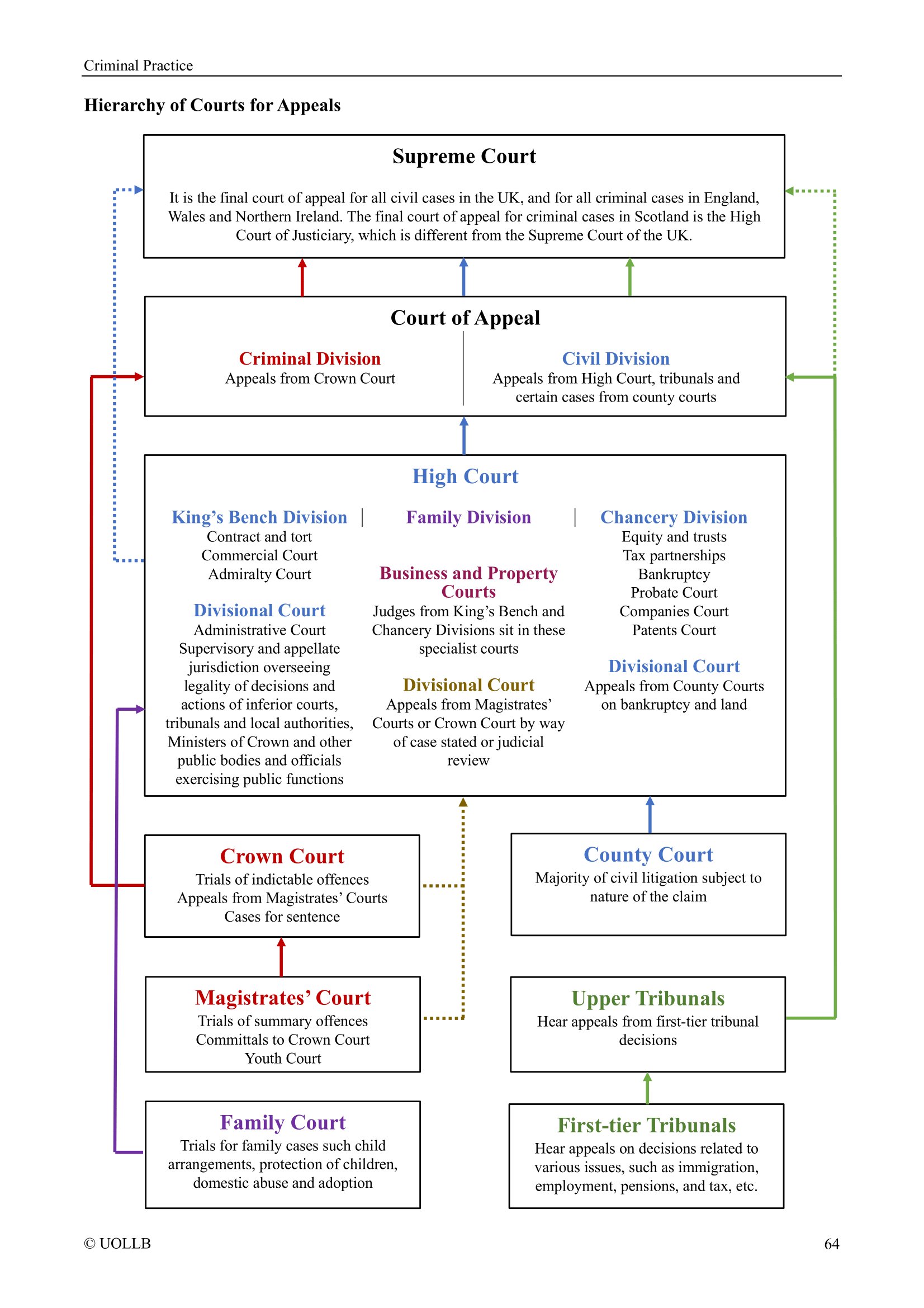Moral Relativism
Share
Moral relativism is a philosophical position that asserts that moral judgments and principles are not universally or objectively true, but are instead dependent on cultural, societal, or individual perspectives. It suggests that there are no absolute or universally valid moral standards that apply to all people and cultures.
According to moral relativism, moral judgments are subjective and vary across different cultures, societies, or individuals. What is considered morally right or wrong, good or bad, can differ based on cultural norms, personal beliefs, or individual preferences. Moral relativism rejects the idea of universal moral truths or principles that transcend cultural or individual differences.
There are different forms of moral relativism, including cultural relativism, which argues that moral and ethical principles are not absolute but are relative to the culture in which they arise, and individual relativism, which focuses on the subjective moral judgments of individuals. Some proponents of moral relativism argue that it promotes tolerance, diversity, and respect for different moral viewpoints. They suggest that understanding and accepting cultural or individual differences can lead to a more inclusive and harmonious society.
Critics of moral relativism raise several objections to the theory. One common criticism is that it undermines the possibility of moral progress or improvement. If moral judgments are entirely subjective and relative, it becomes challenging to argue for the improvement of moral standards or to condemn practices that are widely considered morally wrong, such as slavery or torture.
Another criticism is that moral relativism can lead to moral skepticism, where there is no basis for resolving moral disagreements or conflicts. If moral judgments are subjective and there are no shared moral principles, it becomes difficult to engage in meaningful moral discourse or to address ethical dilemmas.
Moral relativism is a complex and nuanced topic, and various philosophers and ethicists hold different positions within the spectrum of relativism and objectivism. The study of moral philosophy continues to explore and debate the nature of morality, the existence of universal moral principles, and the implications of relativistic perspectives.
According to moral relativism, moral judgments are subjective and vary across different cultures, societies, or individuals. What is considered morally right or wrong, good or bad, can differ based on cultural norms, personal beliefs, or individual preferences. Moral relativism rejects the idea of universal moral truths or principles that transcend cultural or individual differences.
There are different forms of moral relativism, including cultural relativism, which argues that moral and ethical principles are not absolute but are relative to the culture in which they arise, and individual relativism, which focuses on the subjective moral judgments of individuals. Some proponents of moral relativism argue that it promotes tolerance, diversity, and respect for different moral viewpoints. They suggest that understanding and accepting cultural or individual differences can lead to a more inclusive and harmonious society.
Critics of moral relativism raise several objections to the theory. One common criticism is that it undermines the possibility of moral progress or improvement. If moral judgments are entirely subjective and relative, it becomes challenging to argue for the improvement of moral standards or to condemn practices that are widely considered morally wrong, such as slavery or torture.
Another criticism is that moral relativism can lead to moral skepticism, where there is no basis for resolving moral disagreements or conflicts. If moral judgments are subjective and there are no shared moral principles, it becomes difficult to engage in meaningful moral discourse or to address ethical dilemmas.
Moral relativism is a complex and nuanced topic, and various philosophers and ethicists hold different positions within the spectrum of relativism and objectivism. The study of moral philosophy continues to explore and debate the nature of morality, the existence of universal moral principles, and the implications of relativistic perspectives.























































